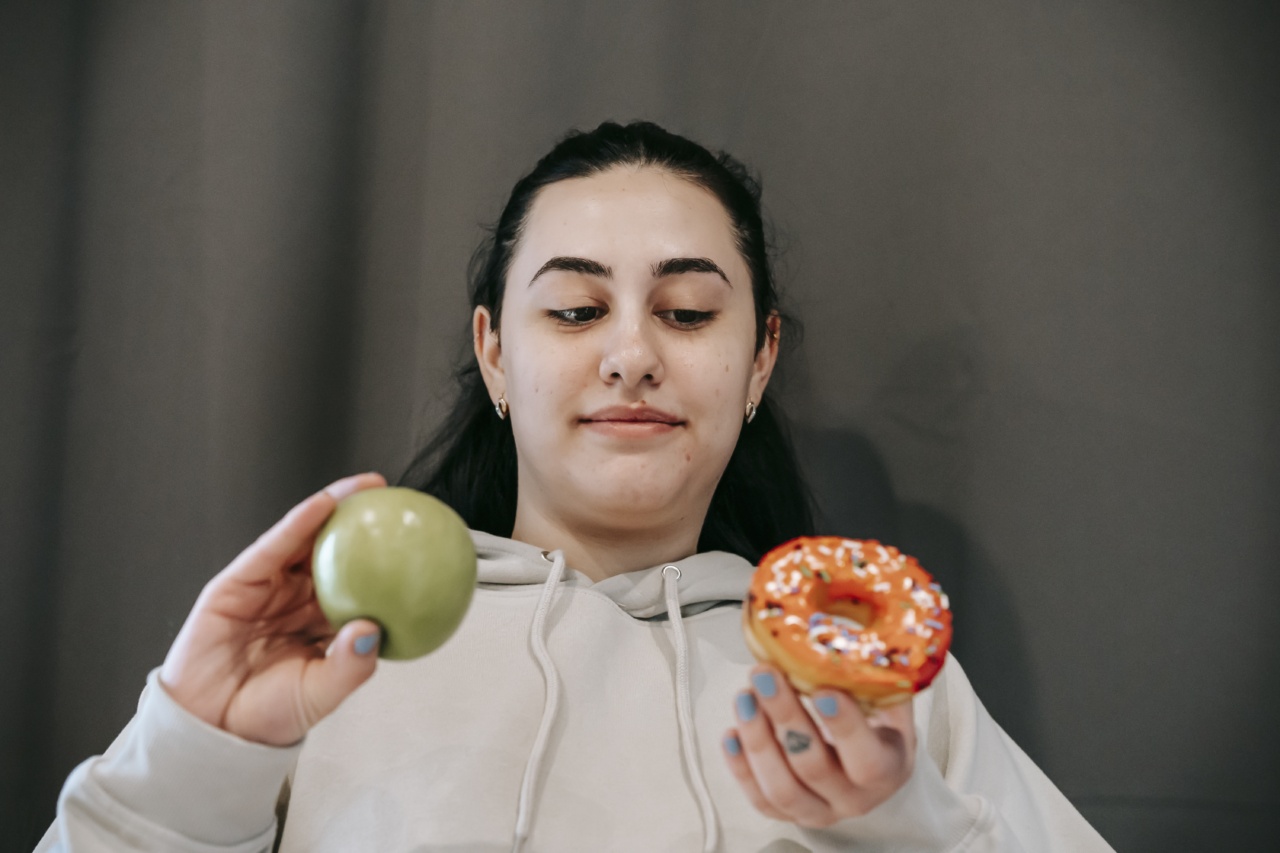Have you ever had a moment when you eagerly anticipated enjoying your favorite dish, only to find it strangely lacking in flavor? You may have wondered why something that usually tastes so delicious suddenly falls flat.
The answer lies in the complex and fascinating world of flavor perception. Numerous factors can influence how we perceive taste, and understanding the science behind it can help us enhance our culinary experiences. In this article, we delve into the reasons why your favorite foods sometimes taste bland.
Taste Buds and Flavor Perception
Taste buds play a crucial role in our ability to perceive flavor. These tiny sensory organs, located on the surface of our tongues, contain taste receptors that detect different tastes: sweet, sour, salty, bitter, and umami.
When we eat, molecules from the food interact with these receptors, sending signals to our brain, which then interprets them as specific flavors.
However, taste buds are not the only players in the game of flavor perception. Various other factors, both physiological and environmental, can impact how we experience taste.
Environmental Factors
The environment in which we consume food greatly influences our taste perception. Factors such as noise, lighting, temperature, and even the company we keep can affect how we perceive flavors.
Research shows that loud background noise, for example, can decrease our sensitivity to sweetness and saltiness while enhancing our perception of bitterness.
Dim lighting has been found to make food taste more bland, while bright lighting can enhance the overall taste experience. Similarly, dining with others who enjoy their meal can make the food seem more flavorful, while eating alone might result in a less enjoyable experience.
Psychological Factors
Our mindset and expectations also have a significant impact on how we perceive taste. If we anticipate a meal to be delicious, our brain prepares itself for a satisfying taste experience.
On the other hand, if we have low expectations, the same meal may seem disappointing.
Moreover, emotions can affect our sense of taste. Stress and anxiety, for instance, can suppress our ability to enjoy flavors, while positive emotions can enhance our perception of taste.
This is why comfort foods often taste better when we are feeling down.
Food Preparation and Cooking Techniques
The way we prepare and cook food can greatly influence its flavor. When it comes to meats, the Maillard reaction plays a crucial role.
This chemical reaction occurs when proteins and sugars in the food are exposed to high heat, leading to the browning and caramelization that give cooked meat its rich flavor. Undercooking or overcooking meat can result in a less appetizing taste.
Similarly, the cooking time and temperature of vegetables can alter their taste. Overcooking vegetables can cause them to lose their vibrant flavors and become mushy, while undercooking them may result in a raw, unpleasant taste.
Additionally, the use of different cooking techniques such as grilling, roasting, sautéing, or steaming can bring out different flavors in food.
Spices and Flavors
The addition of spices, herbs, and seasonings is a well-known method to enhance the flavor of food. Different spices can evoke specific taste sensations and aromas, adding complexity to dishes.
For example, cumin can add a warm, earthy flavor, while cinnamon brings a sweet and woody note.
It is important to note that the perception of flavors can vary among individuals. Some people have a heightened sensitivity to certain tastes, while others may be less sensitive.
This is why preferences for spicy or mild foods can differ greatly from person to person.
The Role of Food Chemistry
Food chemistry is another critical aspect that influences taste perception. One of the key components is umami, often referred to as the fifth taste.
Umami is a savory, meaty flavor, most commonly associated with foods such as mushrooms, aged cheeses, and soy sauce. It is produced by glutamate, an amino acid found naturally in various foods.
Food manufacturers often use monosodium glutamate (MSG), a flavor enhancer derived from glutamate, to intensify umami flavors in processed foods. However, some individuals may be more sensitive to MSG, experiencing symptoms such as headache or flushing.
Thus, it is essential to be mindful of personal tolerances.
Changing Taste Preferences
Taste preferences can also change over time. Our palates evolve as we age, and what once seemed bland or unappealing may become enjoyable.
Exposing yourself to a variety of flavors and cuisines can broaden your taste preferences and make you more open to trying new foods.
The science behind why our favorite foods sometimes taste bland is a complex interplay of our senses, environment, psychology, cooking techniques, and food chemistry.
By understanding these factors, we can make conscious choices to enhance our overall culinary experiences. Whether it’s experimenting with spices, paying attention to cooking techniques, or simply being mindful of our mindset when enjoying a meal, we can elevate the flavors of our favorite foods.






























